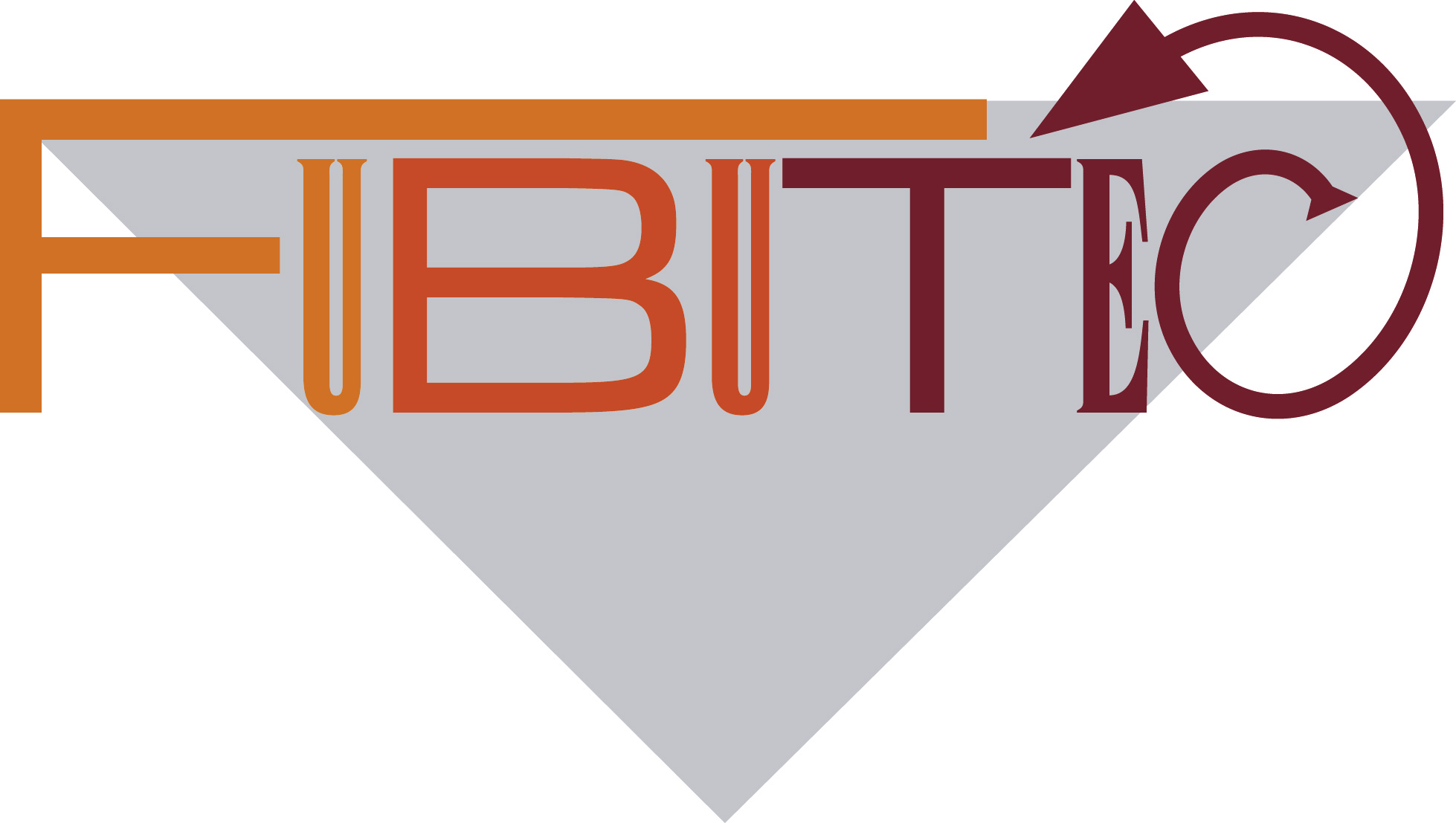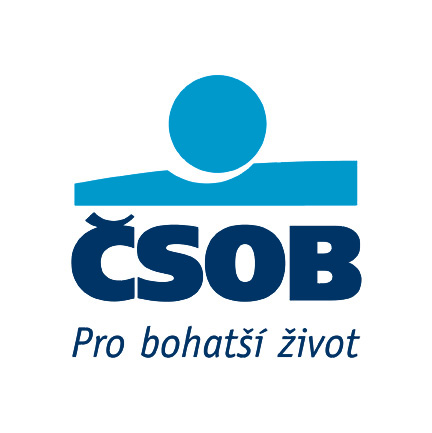
FUBUTEC'2005
March 10-11, 2005 - INSEAD, Fontainebleau, France
Conference Themes
Conference Themes
STATISTICAL ANALYSIS AND DATA MINING OF BUSINESS PROCESSES
Advanced statistical techniques
for Business: dependency networks, influence diagrams,
data envelopment analysis, data mining
Design of Methodological Studies
Machine Learning Techniques with applications in business
Data warehouses, OLAP, meta-data related issues and such
Neural Networks and Support-vector machines in Business
Genetic algorithms in Business
Decision/Classification/Regression Trees and rule-based systems in Business
K-Nearest Neighbours, case-based reasoning and other Methods
Fuzzy-related methodology in Business
Verification and/or validation techniques
Adaptive systems related to machine learning/data mining
Clustering methodologies with applications in business
Time-series methods/applications for Business
Other identification-methods applicable for Business
APPLICATIONS IN DATA MINING
Data Mining or fuzzy-related
Tools
Text-mining related to Business
Web Data mining and information retrieval
Fraud-detection, CRM, SRM, ERM
Submit your proposal here
DISCRETE EVENT SIMULATION AND QUEUEING SYSTEMS IN BUSINESS AND ECONOMICS
Simulation and optimisation
Experimental design of simulation studies
Queuing networks and models
Embedded Heuristics in simulation
Rule-based optimization and simulation
Submit your proposal here
AGENTS IN BUSINESS AUTOMATION AND ECONOMICS
Knowledge Management, Intelligent Business Agents, Human and Agent Interaction, Virtual-Agent Based Marketplaces, Automated Shopping and Trading Agents, Agents and E-Commerce, Legal Aspects of agents in e-commerce, performance measurement of e-commerce agents, rational information agents and electronic commerce, Agent-Based Trade and Mediating Services; Virtual Trading Institutions
Agent-Based Interface for
Business Automation
Agent-Based Data Retrieval for Business Automation
Agent-Based Automatic Demand/Supply Formation for Business Automation
Agent-Based Demand/Supply Matching for Business Automation
Agent-Based Transaction Formation for Business Automation
Agent-Based Transaction Implementation for Business Automation
Agent-Based Logistics and Workflow Management for Business Automation
Modeling; System Design and Validation for Agent-Based Business Automation
Applications
Personal Agents
Virtual Agent-Based Office
E-Management and E-Control with Agents
E-Trade and E-Marketplace with Agents
E-Payment and E-Banking with Agents
Financial and Investment Agent-Based Applications
Agent-Based Supply Chain and B2B Systems
Agents for Games on the Internet
Wireless Agent-Based Systems
Semantic Web and Agents
Large Scale E-Business: Agent Based Systems
Agent Methodology
Agent Learning
Agent Negotiation
Agent Trusts and Trust Based Action
Agent Cooperation Competition
AI Techniques: Neural Networks
Agent Coordination for Cooperative Systems
Agent Communication/Interaction
Agent Security and Authentication
Agent Visualization
Agent and Multi-Agent Architecture
Distributed and Real-Time Techniques
Submit your proposal here
SIMULATION IN BUSINESS AND ECONOMICS
Business
process engineering and simulation
Simulation in customer-oriented service processes
Decision support systems
Simulation in Finance and Risk Management
Simulation in workflow management
Process mapping and simulation
Simulation of production processes and equipment
Business Information Modeling Methods and Methodologies
UML and UP in Business Modelling
UML and UP for Enterprise Modelling
Submit your proposal here
SIMULATION IN BUSINESS GAMES
Enhancing strategic thinking and
decision making capabilities using simulation games
Simulating Key Management and Strategic Issues
Customized Business Simulation Applications
Systems Thinking and System Dynamics
Visualizing, analyzing and solving challenges and opportunities
Using games to achieve strategic objectives
Simulation with "man in the loop"
Virtual Reality systems
Realistic presentation of simulation results
Simulation for training and education
Web-based simulation
Multi-site Group simulation
Simulation of Emergency procedures (Disaster gaming)
Submit your proposal here
SIMULATION IN OR AND KNOWLEDGE MANAGEMENT
The skill of the management scientist lies in the ability to balance the reality of the developed model with the effort that it will take to find an answer to the problem. Many decision support systems (DSS) use representational models to predict the impact of possible decisions. There are two major types of model: simulation and analytical. A more subjective approach to decision-making is needed. While information and some form of data processing are essential, the decision-maker should adopt a less structured approach to the way the data is used. The development of interactive software has given more flexibility to the way in which the decision-maker uses the data and the applied models. This is the essence of decision support systems. Simulation models as used in business, policy, conflict situations, and and crisis management through, in almost all cases, dynamic, discrete-event, and stochastic models. According to the application area, the researcher or designer should model the real-world situation very carefully. An incorrect, incomplete, or inconsistent model could result in a bad decision being made by the decision-maker possibly resulting in economic loss, physical damage or injury. The simulation models and their applications should take into account uncertainty and thus contain procedures for risk analysis. We are therefore interested in research presentations on the science of designing and developing simulation models to solve decisional problems in policy, management, conflict situations, and anti-disaster actions. In particular (but not exclusively), we welcome presentations and reports in the following areas:
- new developments and sound
practice in the use of interactive simulation in building decision support
systems for conflict situations (including simulation games);
- practice in the use of hybrid systems (artificial intelligence in simulation
environments) as decision support in political, conflict and anti-disaster
problems;
- simulation based logistics decision support systems;
- model based simulation in risk analysis for decision makers;
- application of simulation based pattern recognition in complex adaptive
systems to identify and classify a situation to solve decision problems.
- Project Management
- Project Intelligence
- From Modelling to Management
- Consumer Demand Behaviour
- Modelling Future Demand
- Data Modelling Tools
- Sustainable Development
Simulation
- Business Process: Integration,
Workflow and Process Management
- Representation of Processes to
Business Management
- Achieving Flexibility
- Encapsulating Processes the
influence of the OO Revolution
- From Business Model to
Operational Performance Support
- Models with the end users in
mind
- Best practice Processes
- Business Process Modelling
including information architecture and persuasive
- Web design
- Creating and sharing knowledge
Submit your proposal here
EMERGENCY MANAGEMENT AND RISK ANALYSIS MANAGEMENT
This part of the conference concerns itself more with the more “extreme” aspects of management, extreme managerial situations or management problem solving.
This track covers
-Risk identification, analysis and assessment
-Risk sensoring
-Risk scenario modelling, procedures formulation and planning: (Prevention,
Preparedness, Mitigation, Response, Recovery)
Crisis management – extreme events or total disaster
- Environment (forest
fires, marine risk – tanker disaster, flood, earthquakes, drought, volcanic
eruptions
- Industrial (Hazards, Accidents
(nuclear meltdown), Technology (asbestos))
-
Terrorist, Extreme events
(September 11), Civil Protection, Conflicts risk management - security (Petersberg
tasks)
- Project risk management (Investment
decisions, Research projects risk management, Extremely risky projects risk
management (space exploration), Software development risk management.
- Enterprise risk management (Decision-making, Venture capital)
- Financial risk management
(Stocks, Portfolio selection, Options, Credit Risk Assessment, Insurance sector)
- Crisis management (Extreme events, Total disaster)
- Financial Modelling and simulation (Black-Scholes
Model, Real Options, Wiener process, Risk measures
- Business Process Reengineering (BPR)
- Probabilistic Risk Assessment (PRA)
- Fault Tree Analysis (Static and Dynamic FTA)
- Event Tree Analysis (ETA)
- HAZIP (Hazard identification)
tools (HAZOP (Hazard and Operability Study),
Judgement, FMEA (Failure
Modes and Effects Analysis), SWIFT (Structured What-IF Checklist Technique)
- Human Error Analysis (HEA)
Submit your proposal here
SIMULATION IN E-MANAGEMENT, E-GOVERNMENT, E-COMMERCE AND E-TRADE
e-learning/ education
management, knowledge management, knowledge economy, multimedia in manufacturing
companies, maintenance of technical facilities and maintenance service
management
UML applications in Risk Management Modeling. E-democracy, electronic local
government, the digital divide, e-governors, citizen centric services, GovMl
Description Language, Government Portals, Shared contact centres, Costs and
Risks, Customer relationship management, Models for automatic evaluation of
public sector sites, the role of standards, knowledge management, community
portal dynamics, diversity, creativity, Innovation and Knowledge Management in
the Service Sector, Integrated Electronic Records, from e-government to
e-regulation.
Knowledge Management and Dynamic
Portals
Learning Networks: Policy making through portals
Portals with Purpose Case Studies
e-government portal design and Evolution
Risk Based Testing of E-government Portals
Submit your proposal here
 |
 |
 |
Paper Presentation Example
Get Acrobat Reader to read PDF Files



















